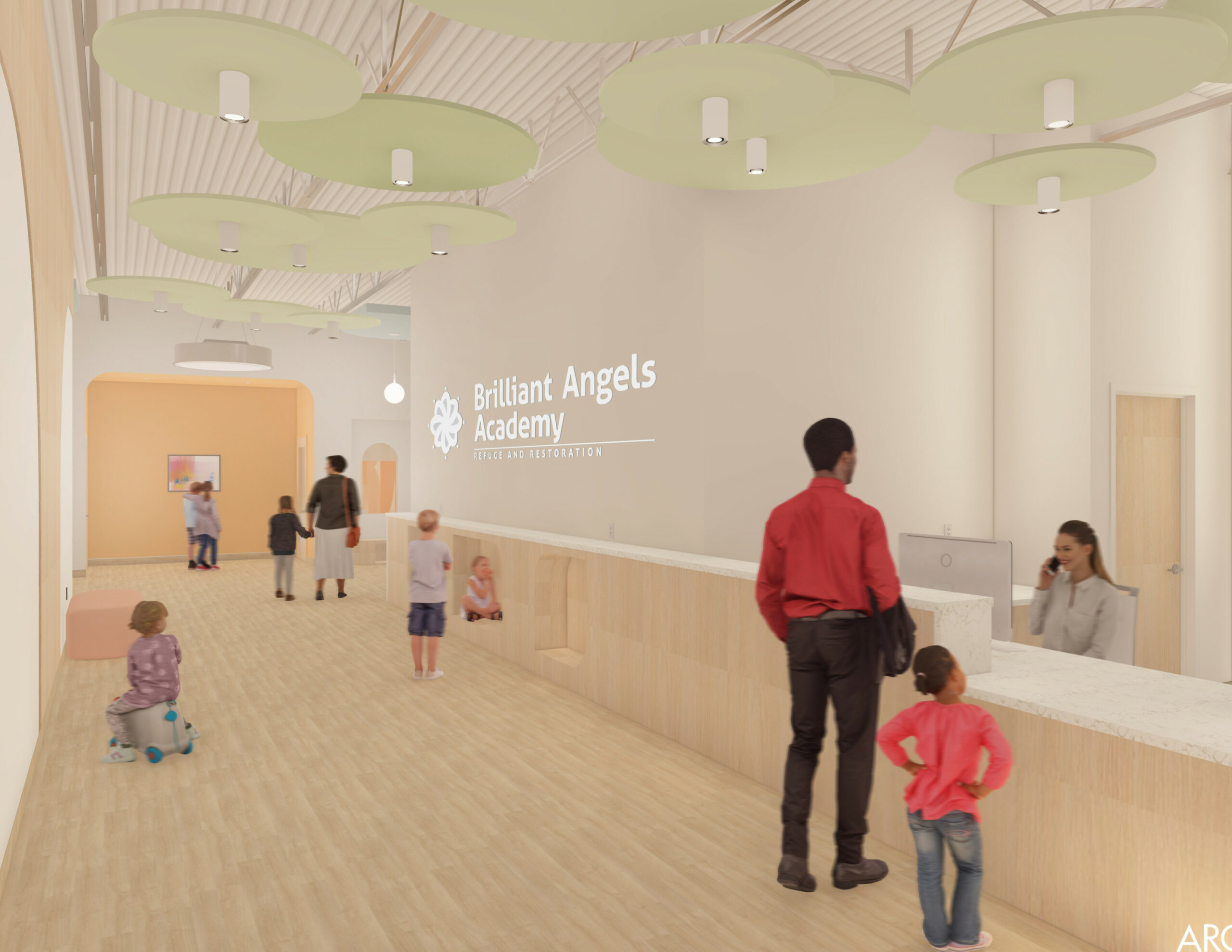Our approach is rooted in the latest research on early childhood development, trauma-informed care, and emotional responsiveness. We believe that every child deserves to feel safe, supported, and cared for.

Adverse childhood experiences (ACEs) are common: Nearly two-thirds of adults in the United States have experienced at least one ACE, and one in six have experienced four or more.ACEs include abuse, neglect, and household dysfunction.

ACEs can have long-term effects on health and well-being: Children who experience ACEs are at increased risk for a range of negative outcomes, including chronic health conditions, mental health problems, substance abuse, and involvement in the criminal justice system.

Trauma can impact brain development: Trauma can affect the developing brain, leading to changes in the structure and function of the brain that can impact learning, behavior, and emotional regulation.

Trauma-informed teaching can improve outcomes for children: Research has shown that trauma-informed teaching practices can help improve academic achievement, reduce disciplinary issues, and improve mental health outcomes for children who have experienced trauma.

Early childhood is a critical period for intervention: Early intervention can help mitigate the effects of trauma and promote resilience in young children. Trauma-informed teaching practices in early childhood can help set children on a path to lifelong success.
We are committed to providing high-quality care and education that takes into account the unique needs of each child. Our staff is trained in trauma-informed teaching practices and works closely with families to create a safe and nurturing environment for children to learn and grow.
